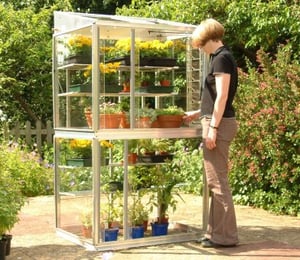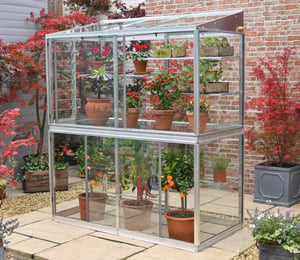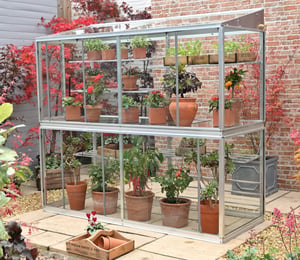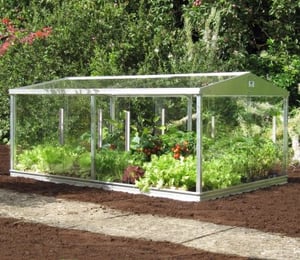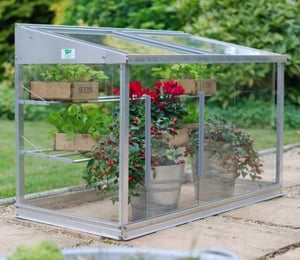How Thrive's Accessible Gardening Changes Lives
The Society for Horticultural Therapy is an organisation generally known as Thrive, and David Coton recently learnt more about their projects, training and consultancy.

The Society for Horticultural Therapy is an organisation generally known as Thrive, and David Coton recently learnt more about their projects, training and consultancy.

Thrive uses horticulture to change the lives of people who live with disability or ill health, or who are vulnerable, isolated or disadvantaged in some way.
Social and therapeutic gardening tackles thinking and communication skills in a secure and safe environment and aims to improve clients' physical and psychological health to make them more independent and self-reliant.
Gardens offer the kind of peace and tranquillity that is vital for rehabilitation and recovery, and each gardener has a set of activities that lead to the achievement of specific goals identified by themselves, support workers or carers.
Two excellent examples of the breadth of Thrive's project work are a programme for veterans funded by the British Legion helping them to deal with life after the services and another that helps stroke survivors with improved physical and neural health that, amongst many other benefits, results in a reduction in medication.
Every year Thrive offers extensive programmes for training in Social and Therapeutic Horticulture. These are aimed at teachers, health and social care professionals, volunteers and those looking for a change in career.
Course subjects include using social and therapeutic horticulture to benefit people with mental health support needs, setting up a project, and understanding disability in garden design.
You'll find a number of products on GardenSite that emphasize accessibility and Forest, one our major suppliers, has worked with Thrive to develop specially designed timber products for gardeners who need assistance.
This includes the Bamburgh Planter Table, manufactured with wheelchair users in mind and those who have trouble bending.
Their products appeal to people with a variety of challenges who need to sit, kneel or stand to garden, so that they can achieve a level of independence.
Part of the profit from this range is donated to Thrive who will spend the money on their activities that also include training bursaries, undergraduate courses, workshops and conferencing.
Read more information on Thrive.
Shop Now £574.99
Shop Now £394.99
Shop Now £619.99
Shop Now £709.99
Shop Now £939.99
Shop Now £1,069.99
Shop Now £459.99
Shop Now £319.99



